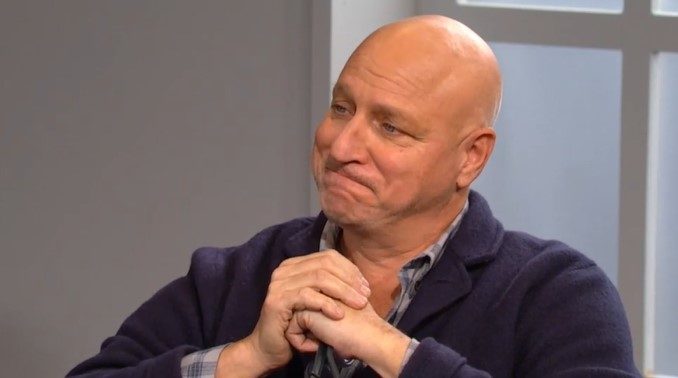Each year approximately 40% of the food grown in this country is thrown away, according to federal statistics. Much of that goes to landfills where it emits methane gas, making it one of the largest contributors to climate change. Justin and Matt Kamine have now created the first large scale solution to fighting food waste and bringing to market for consumers through a new climate forward CPG company Do Good Foods.
The first production facility in Fairless Hills, Pennsylvania, has the capacity to take in and convert 160 tons of surplus food from 450 grocery stores every day, and about 60,000 tons annually. The company will replicate the model across the country over the next five years. The first product to launch, Do Good Chicken, will appear in supermarkets, restaurants, and other foodservice outlets nationwide early next year.
Do Good Foods is a closed-loop system that takes nutritious supermarket surplus such as fruits, vegetable and meat – and upcycles them into high-quality animal feed – the next best use of food after human consumption, according to the Environmental Protection Agency (EPA). The animal feed is then integrated into animals’ diets. In January 2022 the company will roll out the first-ever carbon reduced chicken.
“Somewhere along the line we really devalued food,” said award-winning chef Tom Colicchio, a panelist on a Dec. 7 webinar organized by Do Good Foods. “Now we are making it simple to solve the problem. The consumer only has to go out and buy chicken. There has never been a better time because people are now reconnecting with food. So many people are cooking at home during the pandemic.”
The live roundtable discussion was moderated by Food Tank’s Danielle Nierenberg. Panelists included Sam Kass, President Obama’s former chef and nutrition policy advisor, Ann Veneman, former U.S. Secretary of Agriculture, and Justin and Matt Kamine, co-founders and co-CEOs of Do Good Foods.
“A lot of the solution has to be economical,” Matt Kamine urged about the current food crisis.
“If the price is the same, why wouldn’t you do good?” echoed Justin Kamine. “We are going to start with chicken first, but then we are going to get into other foods.”
Kass pointed out the simplicity of the process works in favor of achieving the end goal of a more sustainable food system.
“The impact of the brand is the product itself. Too often, we have asked people to overhaul their behavior, which is a big challenge. With this plan, the more people eat the chicken, the more
impact we have. Our eaters are our partners. Millennials and under are on fire about this issue. We are going to see changes accelerate.”
Veneman said this template can be “scaled all over the country,” offering promise for widespread change. “Solving the problem for consumers is No. 1,” she said. “Then it comes back to the supermarkets. The consumer is going to get this product at a price that is competitive.”
Furthermore, co-CEO Justin Kamine says it was important to the family to also empower consumers to be able to do their part for the planet simply by making a delicious, impactful food choice.
“Food waste is one of the biggest – yet solvable catastrophes - as we waste approximately 40% of the food grown in this country,” said Justin. “To put it into perspective, that is like buying five bags of groceries and throwing two of them in the garbage as you walk out the door. We know consumers are becoming more eco-conscious and want to waste less. Through Do Good Foods, we are providing consumers with an easy way to do good for their plate and the planet.”
Do Good Foods has attracted some of the nation’s largest grocery retailers and thought leaders who are dedicated to unlocking scalable solutions to food waste,
“We need actionable solutions to our massive environmental problems, and we need them now. We can’t afford to wait 10 years or 20 years,” said co-CEO Matt Kamine. “The beauty of Do Good Foods is that it has immediate economic and environmental impact by driving us toward a more sustainable food system for all.”
Do Good Foods, backed by a $169M investment asset manager Nuveen, is the first scalable solution to eliminating the 48 billion pounds of food waste generated by grocery stores each year. This climate forward food company aims to have a significant environmental, agricultural and economic impact by integrating into consumers’ daily lives at scale.
Justin Kamine is a planet-forward entrepreneur who co-founded Do Good Foods with his brother Matthew to combat climate change by fighting food waste. The Kamine brothers’ company builds on the family’s 35-year heritage of solving macro environmental problems through building large infrastructure solutions.

